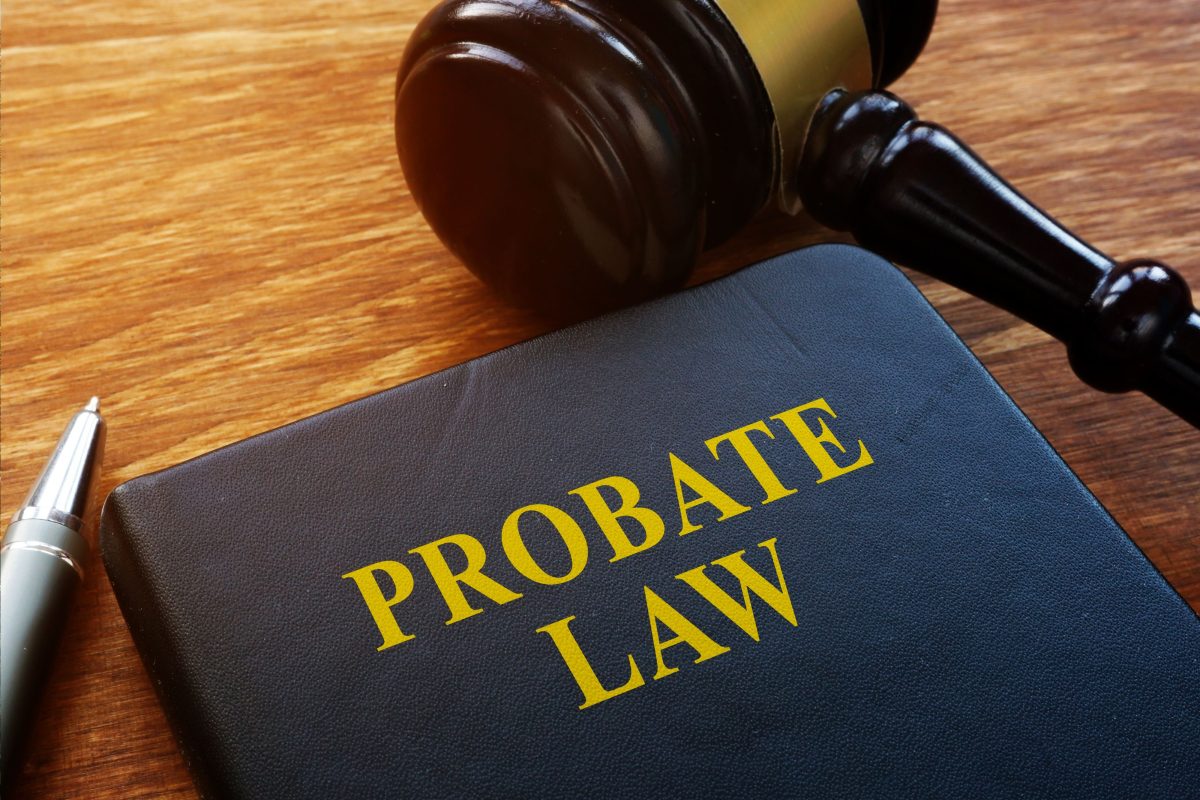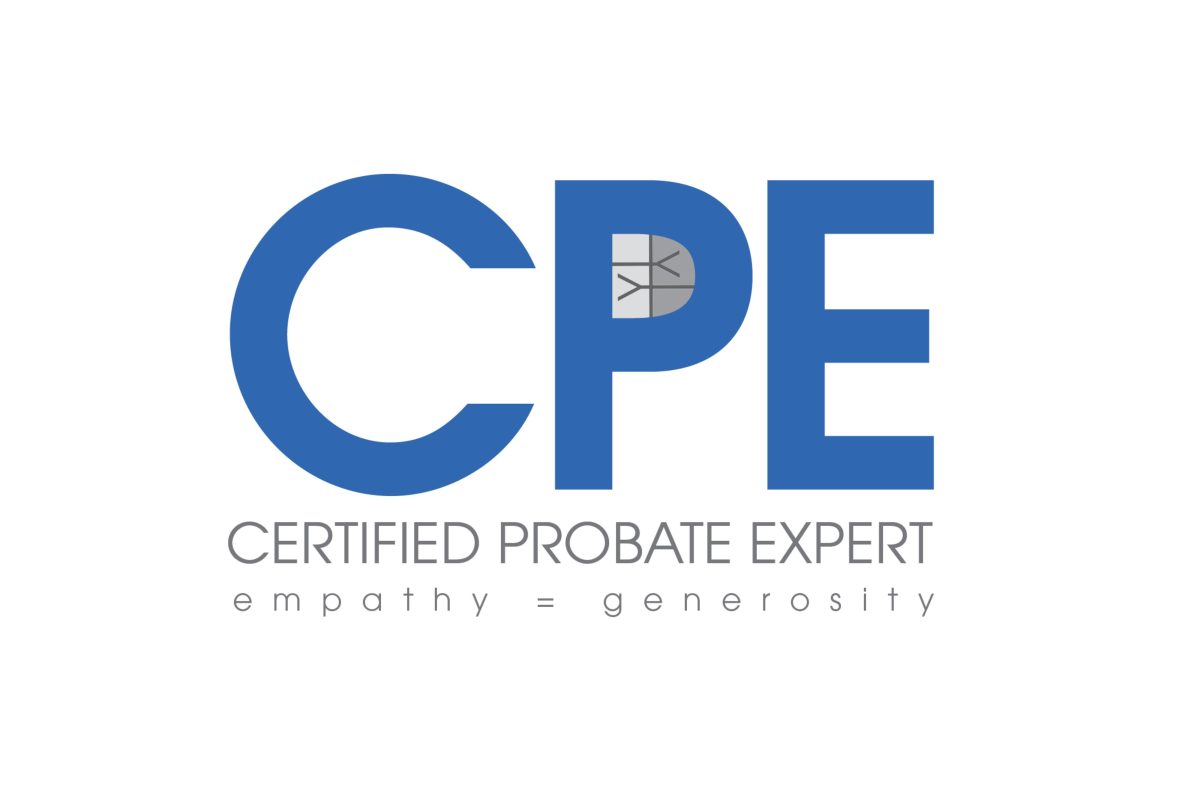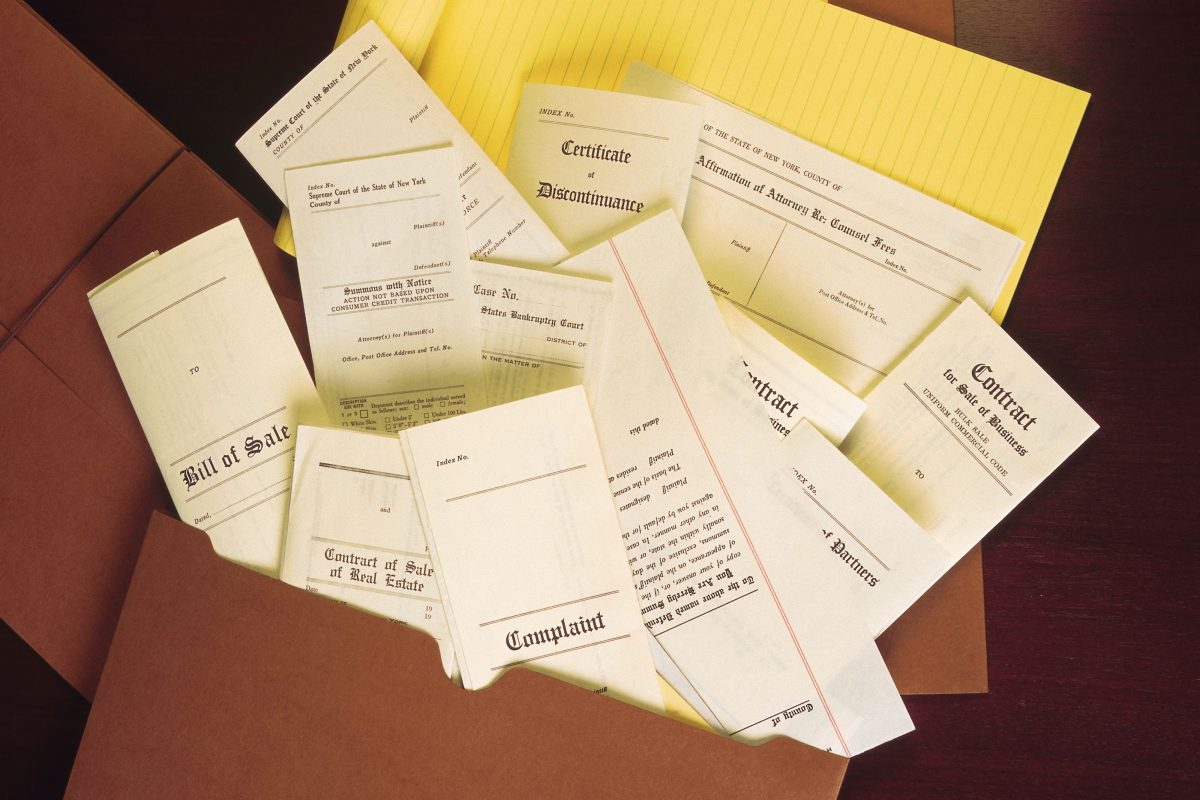Get a Free Life & Legacy Planning Session This Thanksgiving
At Colorado Estate Services, we are committed to guiding families through the probate process with trusted resources and compassionate support. Our mission is to make probate as seamless as possible, leveraging our expertise and collaborating with skilled partners like Kendra Strong to simplify complex legal and estate challenges.
Meet Kendra Strong – Your Personal Family Lawyer
Kendra Strong, founder of Strong Law Firm, shares our dedication to serving families. Her firm specializes in personalized estate planning, ensuring that every aspect of a family’s legacy is carefully managed. With her expert guidance, families can rest assured that their wishes will be executed without unnecessary legal hurdles.
Thanksgiving Special: Free Life and Legacy Planning Session
This holiday season, Kendra Strong is offering a complimentary Life and Legacy Planning Session (valued at $750) for families who complete a simple pre-session homework task. This valuable session addresses essential estate planning topics, such as selecting guardians for children, organizing financial plans, and protecting inheritances.
To learn more or to schedule your free session, visit Strong Law Firm’s website. At Colorado Estate Services, we’re proud to collaborate with Kendra and continue supporting families during life’s most challenging transitions.
Need Help with Probate?
If you have questions about the probate process, we’re here for you. Visit our Contact Us page for emails and phone numbers.










